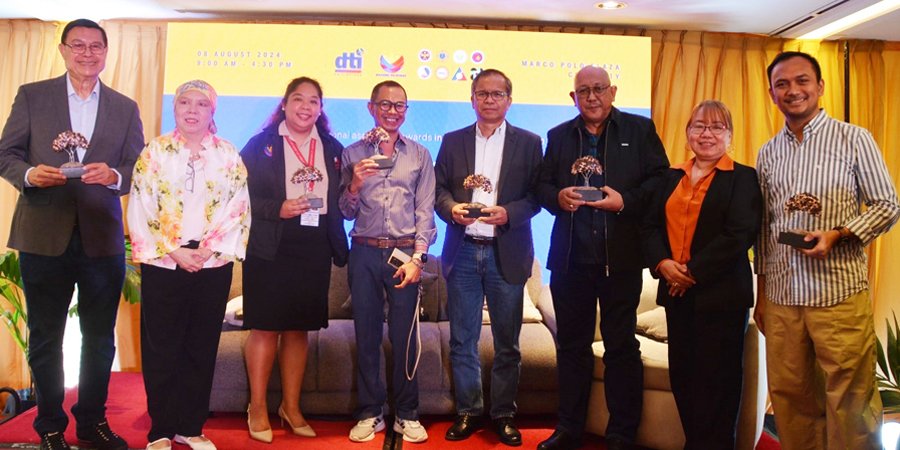The Department of Trade and Industry in Negros Oriental will hold a seminar for micro, small, and medium enterprises (MSMEs) on labor laws and requirements Aug. 19 at its office in Dumaguete City.
“One of the major problems faced by MSMEs is labor legal disputes. While often associated with large companies, these issues are even more prevalent among micro, small, and medium enterprises. In Negros Oriental, many MSMEs encounter labor issues due to a lack of understanding of labor requirements and laws, and this gap in knowledge can lead to serious legal disputes, hindering business growth,” the DTI said in a statement Aug. 15.
It added that it is crucial for MSMEs to thoroughly understand labor law as they will be managing employees. “By educating MSMEs about labor laws, the seminar aims not only to minimize the risk of labor disputes but also to protect the jobs and people involved in the growth of MSMEs, ensuring that these businesses can grow sustainably and responsibly.”

Key topics to be covered include an overview of the Philippine Labor Law, basic legal requirements for compliance, minimum wage regulations, fines and penalties for noncompliance, legal basis and jurisdiction, and best practices for labor management.
“Limited slots are available through https://forms.gle/XGzzXNtLHqeYWb9S7,” the DTI said. “Please wait for our confirmation text.”
The first Tatak Pinoy Act (TPA) regional forum, meanwhile, was initiated by DTI in Cebu recently.
Organized by DTI Region 7, in collaboration with the agency’s Competitiveness and Innovation Group, the event marked the beginning of a series of regional forums designed to advance the implementation of the Tatak Pinoy (Proudly Filipino) Act, and foster a deeper understanding and active engagement among regional stakeholders.
The Visayas leg of the forum, held Aug. 8-9, brought together a diverse group of participants, including government officials, private sector leaders, industry associations, academic institutions, and representatives from MSMEs.
Under the theme “Rekindling a National Aspiration Towards Industrial Transformation”, the forum highlighted the collaborative efforts necessary to achieve the goals of the TPA and drive the nation’s industrial and economic advancement, the DTI said.
“The forthcoming Tatak Pinoy Strategy (TPS) will be our country’s first-ever industrial policy institutionalized through law, and the insights gathered (at the forum) will be integral to its formulation,” DTI 7 assistant director Esperanza Melgar said and she emphasized the importance of stakeholder contributions to the policy-making process.
The Tatak Pinoy Act, or Republic Act No. 11981, was signed into law by President Ferdinand Marcos Jr. on Feb. 26, 2024. This landmark legislation is a testament to the government’s commitment to fostering national pride and supporting the growth of Filipino industries.
The TPA seeks to enhance the competitiveness of local businesses, drive innovation, and secure sustainable economic growth through coordinated efforts between the government, private sector, and other key stakeholders, the DTI stressed. ||




